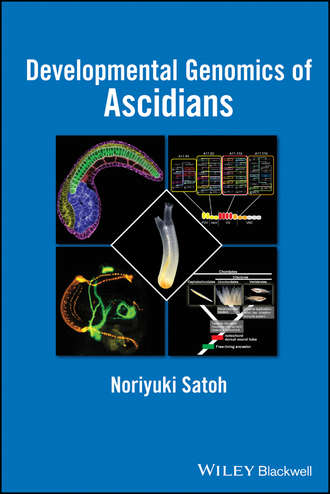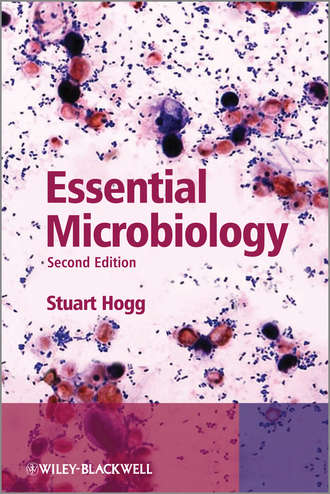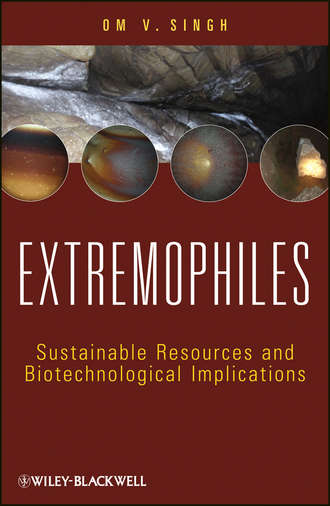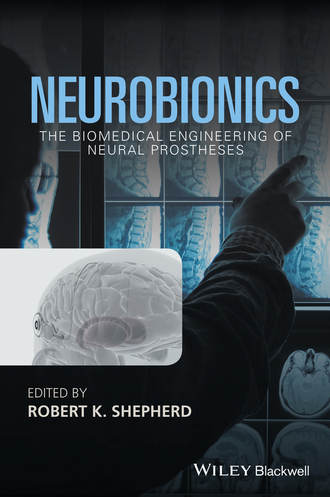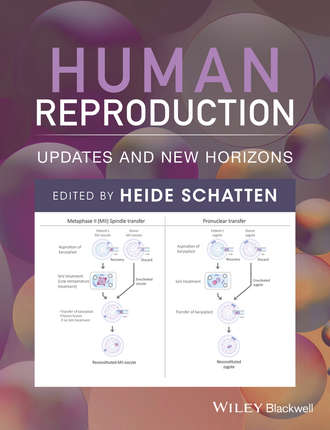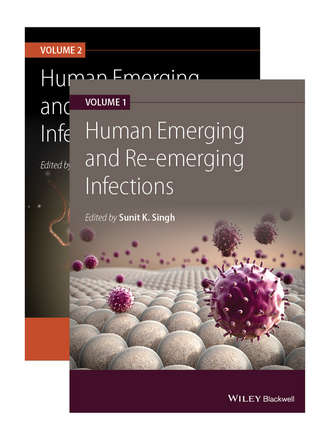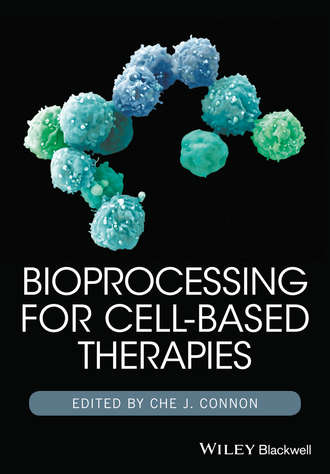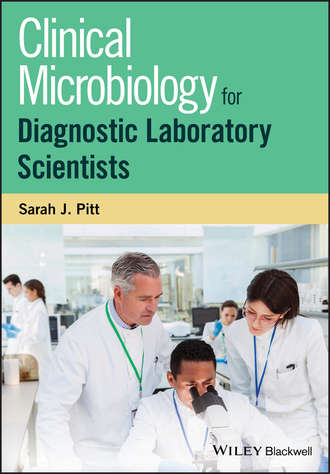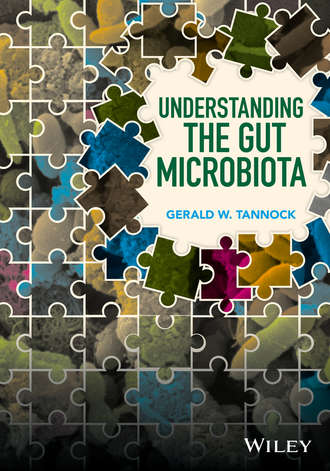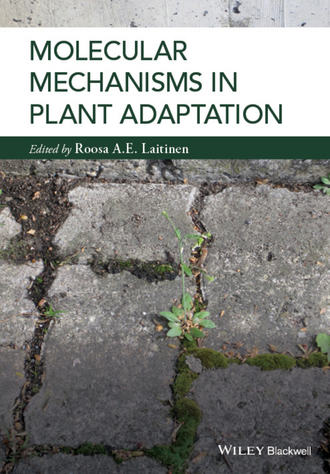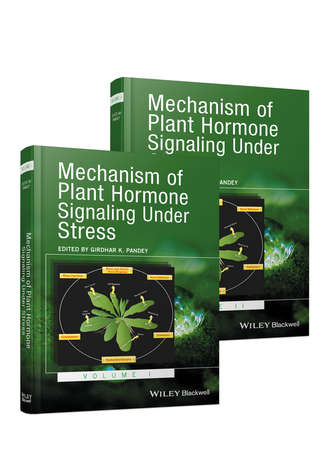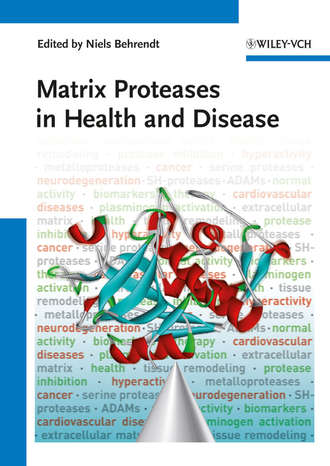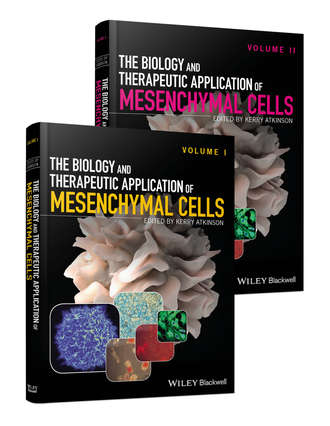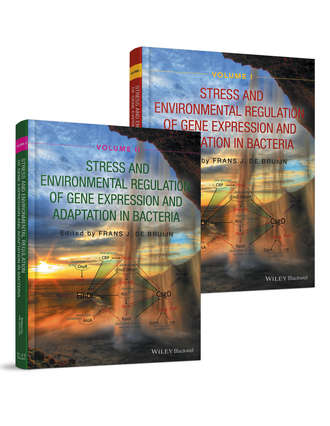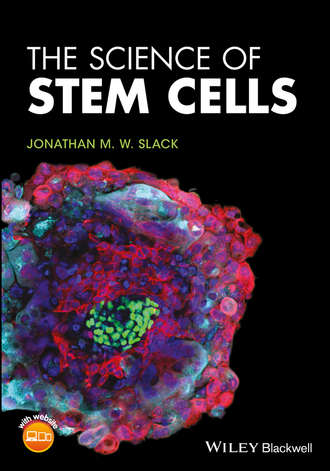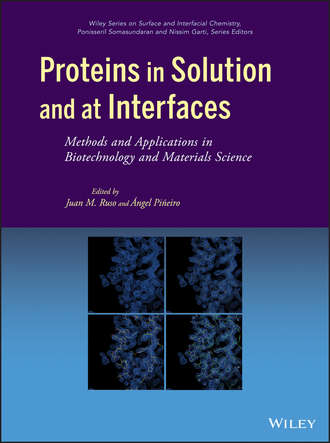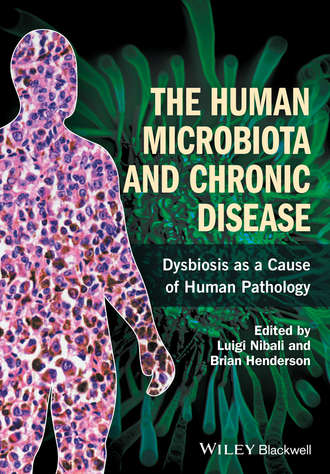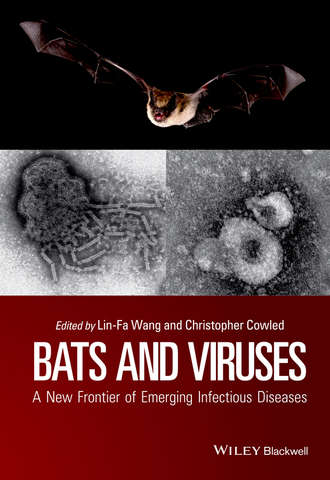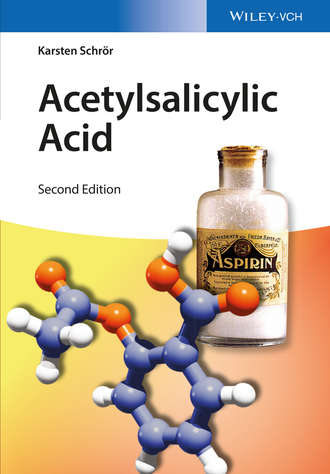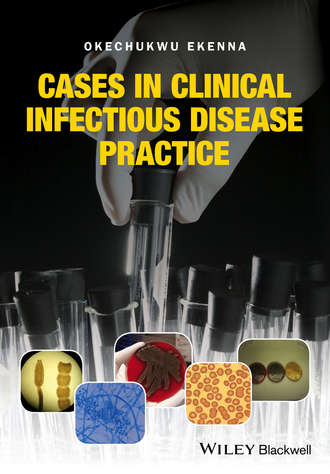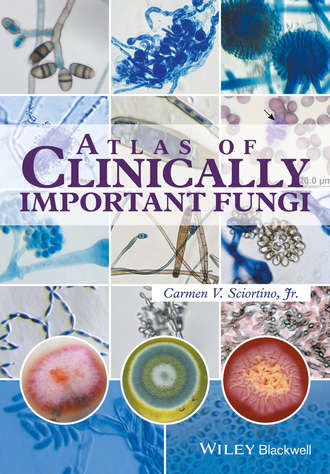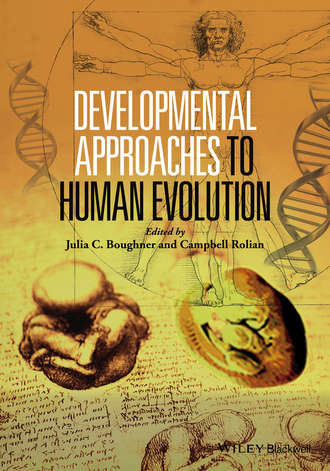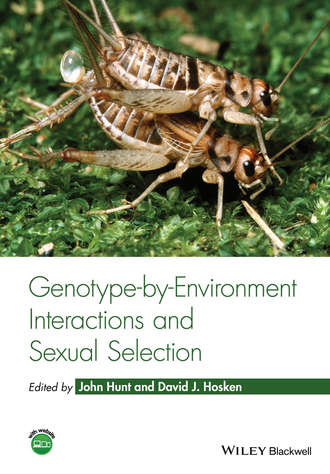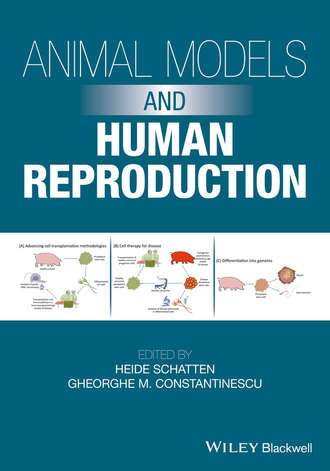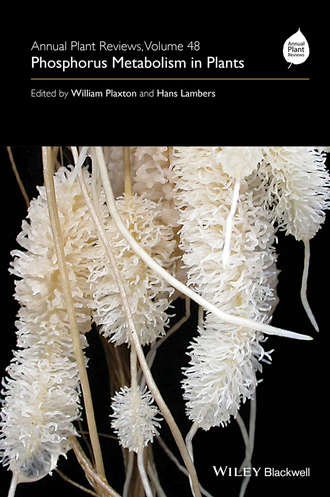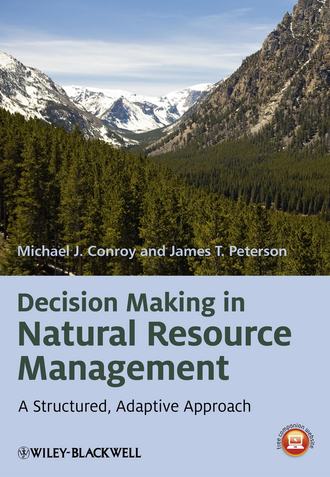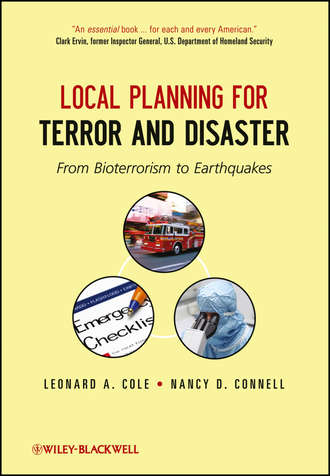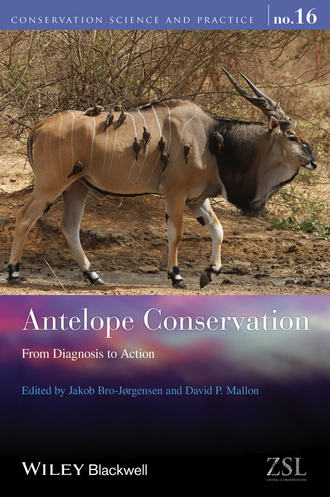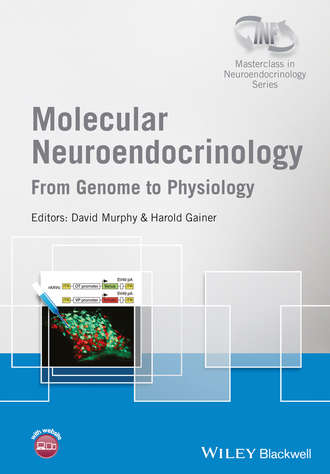общая биология
Dictionary of Stem Cells, Regenerative Medicine, and Translational Medicine
Frank J. Dye
Stem cells, regenerative medicine, and translational medicine, are all areas of burgeoning basic research and clinical application. This dictionary includes the fundamental terminology of each of these areas, the major discoveries and...
Developmental Genomics of Ascidians
Noriyuki Satoh
The simplicity and lack of redundancy in their regulatory genes have made ascidians one of the most useful species in studying developmental genomics. In Developmental Genomics of Ascidians, Dr. Noriyuki Satoh explains the developmental genomics...
Essential Microbiology
Stuart Hogg
Essential Microbiology 2nd Edition is a fully revised comprehensive introductory text aimed at students taking a first course in the subject. It provides an ideal entry into the world of microorganisms, considering all aspects of their biology...
Extremophiles
Om V. Singh
Explores the utility and potential of extremophiles in sustainability and biotechnology Many extremophilic bio-products are already used as life-saving drugs. Until recently, however, the difficulty of working with these microbes has discouraged...
Neurobionics
Группа авторов
Technological advances have greatly increased the potential for, and practicability of, using medical neurotechnologies to revolutionize how a wide array of neurological and nervous system diseases and dysfunctions are treated. These...
Crumbling Genome
Alexey S. Kondrashov
A thought-provoking exploration of deleterious mutations in the human genome and their effects on human health and wellbeing Despite all of the elaborate mechanisms that a cell employs to handle its DNA with the utmost care, a newborn human...
Human Reproduction
Группа авторов
In vitro fertilization (IVF) and other assisted reproductive technologies (ART) have become a significant part of human reproduction, with already one in 50 children worldwide being born through ART and the demand steadily increasing. To...
Biological Nitrogen Fixation
Группа авторов
Nitrogen is arguably the most important nutrient required by plants. However, the availability of nitrogen is limited in many soils and although the earth's atmosphere consists of 78.1% nitrogen gas (N2) plants are unable to use this form of...
Human Emerging and Re-emerging Infections
Группа авторов
Emerging and re-emerging pathogens pose several challenges to diagnosis, treatment, and public health surveillance, primarily because pathogen identification is a difficult and time-consuming process due to the “novel” nature of the agent....
Bioprocessing for Cell-Based Therapies
Группа авторов
With contributions from leading, international academics and industrial practitioners, Bioprocessing for Cell-Based Therapies explores the very latest techniques and guidelines in bioprocess production to meet safety, regulatory and ethical...
Clinical Microbiology for Diagnostic Laboratory Scientists
Sarah J. Pitt
A modern, evaluative, and integrative approach to diagnostic microbiology encouraging problem-solving in the clinical laboratory context through the use of examples to illustrate clinical and diagnostic issues Clinical Microbiology for...
Understanding the Gut Microbiota
Gerald W. Tannock
This book discusses the community of microbial species (the microbiota, microbiome), which inhabits the large bowel of humans. Written from the perspective of an academic who has been familiar with the topic for 40 years, it provides a long-term...
Molecular Mechanisms in Plant Adaptation
Roosa Laitinen
Plants are forced to adapt for a variety of reasons— protection, reproductive viability, and environmental and climatic changes. Computational tools and molecular advances have provided researchers with significant new insights into the...
Mechanism of Plant Hormone Signaling under Stress
Группа авторов
Plant hormone signaling plays an important role in many physiological and developmental processes including stress response. With the advent of new post-genomic molecular techniques, the potential for increasing our understanding of the impact...
The Neuroscience of Visual Hallucinations
Группа авторов
Each year, some two million people in the United Kingdom experience visual hallucinations. Infrequent, fleeting visual hallucinations, often around sleep, are a usual feature of life. In contrast, consistent, frequent, persistent hallucinations...
Ex-vivo and In-vivo Optical Molecular Pathology
Группа авторов
The result of a unique collaboration between clinicians, chemists and physicists, this book provides an unparalleled overview of a new generation of diagnostic tools in clinical pathology. The introductory chapters cover the present status and...
Matrix Proteases in Health and Disease
Группа авторов
Presenting a comprehensive overview of the multifaceted field of proteases in the extracellular matrix environment, this reference focuses on the recently elucidated functions of complex proteolytic systems in physiological and pathological...
The Biology and Therapeutic Application of Mesenchymal Cells
Группа авторов
The Biology and Therapeutic Application of Mesenchymal Cells comprehensively describes the cellular and molecular biology of mesenchymal stem cells and mesenchymal stromal cells, describing their therapeutic potential in a wide variety of...
Discovery-Based Learning in the Life Sciences
Kathleen M. Susman
For nearly a decade, scientists, educators and policy makers have issued a call to college biology professors to transform undergraduate life sciences education. As a gateway science for many undergraduate students, biology courses are crucial...
Stress and Environmental Regulation of Gene Expression and Adaptation in Bacteria
Группа авторов
Bacteria in various habitats are subject to continuously changing environmental conditions, such as nutrient deprivation, heat and cold stress, UV radiation, oxidative stress, dessication, acid stress, nitrosative stress, cell envelope stress,...
The Science of Stem Cells
Jonathan M. W. Slack
Introduces all of the essential cell biology and developmental biology background for the study of stem cells This book gives you all the important information you need to become a stem cell scientist. It covers the characterization of cells,...
Proteins in Solution and at Interfaces
Группа авторов
Explores new applications emerging from our latest understanding of proteins in solution and at interfaces Proteins in solution and at interfaces increasingly serve as the starting point for exciting new applications, from biomimetic materials...
The Human Microbiota and Chronic Disease
Группа авторов
Microbiota-associated pathology can be a direct result of changes in general bacterial composition, such as might be found in periodontitis and bacterial vaginosis, and/or as the result of colonization and/or overgrowth of so called keystone...
Bats and Viruses
Группа авторов
Approximately 75% of emerging infectious diseases are zoonoses, and the rate of emergence of zoonotic diseases is on the rise. Bats are being increasingly recognised as an important reservoir of zoonotic viruses of different families, including...
Introduction to Population Ecology
Larry L. Rockwood
Introduction to Population Ecology, 2nd Edition is a comprehensive textbook covering all aspects of population ecology. It uses a wide variety of field and laboratory examples, botanical to zoological, from the tropics to the tundra, to...
Molecular Mycorrhizal Symbiosis
Группа авторов
Recent years have seen extensive research in the molecular underpinnings of symbiotic plant-fungal interactions. Molecular Mycorrhizal Symbiosis is a timely collection of work that will bridge the gap between molecular biology, fungal genomics,...
Acetylsalicylic Acid
Karsten Schr?r
Written by a leading expert on Aspirin-related research, this is the most comprehensive treatise on the pharmacological effects and clinical applications of one of the most successful drugs ever. The text is written with a wide audience in mind,...
Receptor Biology
Anne E. Kruchten
This book is geared to every student in biology, pharmacy and medicine who needs to become familiar with receptor mediated signaling. The text starts with explaining some basics in membrane biochemistry, hormone biology and the concept of...
Cases in Clinical Infectious Disease Practice
Okechukwu Ekenna
In the era of cost cutting and lack of adequate health insurance for many patients, clinical skills and time spent with patients are not adequately compensated. Yet, these dwindling and underpaid skills – good history taking, observation of and...
An Introduction to Molecular Anthropology
Mark Stoneking
Molecular anthropology uses molecular genetic methods to address questions and issues of anthropological interest. More specifically, molecular anthropology is concerned with genetic evidence concerning human origins, migrations, and population...
Atlas of Clinically Important Fungi
Carmen V. Sciortino, Jr.
Although there are many texts that provide quality information for the identification of fungi, researchers and technologists rarely have time to read the text. Most are rushed for time and seek morphological information that helps guide them to...
Seascape Ecology
Группа авторов
Seascape Ecology provides a comprehensive look at the state-of-the-science in the application of landscape ecology to the seas and provides guidance for future research priorities. The first book devoted exclusively to this rapidly emerging and...
Forest Structure, Function and Dynamics in Western Amazonia
Группа авторов
The Amazon Basin contains the largest and most diverse tropical rainforest in the world. Besides the Andes and the Atlantic Ocean, the rainforest is bounded to the north by the Guiana crystalline shield and to the south by the Brazilian...
Food Borne Pathogens and Antibiotic Resistance
Om V. Singh
Food is an essential means for humans and other animals to acquire the necessary elements needed for survival. However, it is also a transport vehicle for foodborne pathogens, which can pose great threats to human health. Use of antibiotics has...
Enzyme Regulation in Metabolic Pathways
Lloyd Wolfinbarger, Jr.
Enzyme Regulation in Metabolic Pathways shows the reader how to understand the roles of enzymes and their kinetic constants in intermediary metabolism. It provides a means of correlating data obtained in experimental studies to multiple possible...
Developmental Approaches to Human Evolution
Группа авторов
Developmental Approaches to Human Evolution encapsulates the current state of evolutionary developmental anthropology. This emerging scientific field applies tools and approaches from modern developmental biology to understand the role of...
Genotype-by-Environment Interactions and Sexual Selection
Группа авторов
Sexual selection is recognized as being responsible for some of the most extravagant morphologies and behaviors in the natural world, as well as a driver of some of the most rapid evolution. While Charles Darwin’s theory is now a fundamental...
Ecology of Wildfire Residuals in Boreal Forests
Ajith Perera
Large and intense wildfires are integral to the globally important boreal forest biome. While much is known about boreal wildfires, the focus on forest remnants that either escape or survive these intense fires is a recent phenomenon: academics...
Animal Models and Human Reproduction
Группа авторов
Our knowledge of reproductive biology has increased enormously in recent years on cellular, molecular, and genetic levels, leading to significant breakthroughs that have directly benefitted in vitro fertilization (IVF) and other assisted...
Annual Plant Reviews, Phosphorus Metabolism in Plants
Группа авторов
The development of phosphorus (P)-efficient crop varieties is urgently needed to reduce agriculture's current over-reliance on expensive, environmentally destructive, non-renewable and inefficient P-containing fertilizers. The sustainable...
Decision Making in Natural Resource Management
Michael J. Conroy
This book is intended for use by natural resource managers and scientists, and students in the fields of natural resource management, ecology, and conservation biology, who are confronted with complex and difficult decision making problems. The...
The Molecular Biology of Cancer
Группа авторов
The Molecular Biology of Cancer, Stella Pelengaris & Michael Khan This capturing, comprehensive text, extensively revised and updated for its second edition, provides a detailed overview of the molecular mechanisms underpinning the development...
Local Planning for Terror and Disaster
Leonard A. Cole
Local Planning for Terror and Disaster gives voice to experts in key fields involved with local preparedness, assessing the quality of preparedness in each field, and offering directions for improvement. Introductory chapters provide overviews...
Plant-Environment Interaction
Parvaiz Ahmad
The increase in global population, urbanization and industrialization is resulting in the conversion of cultivated land into wasteland. Providing food from these limited resources to an ever-increasing population is one of the biggest challenges...
Ecology of North America
Brian R. Chapman
North America contains an incredibly diverse array of natural environments, each supporting unique systems of plant and animal life. These systems, the largest of which are biomes, form intricate webs of life that have taken millennia to evolve....
Molecular and Biochemical Toxicology
Группа авторов
Written as an advanced text for toxicology students, this book is much more than an introduction and provides in-depth information describing the underlying mechanisms through which toxicants produce their adverse responses. • Links traditional...
Molecular Medicine
Jens Kurreck
Easy to read, yet comprehensive, this is the perfect introduction into the molecular basis of disease and the novel treatment options that have become available. The authors, Jens Kurreck and Cy Stein, have both long-standing teaching experience...
Antelope Conservation
Группа авторов
Antelopes constitute a fundamental part of ecosystems throughout Africa and Asia where they act as habitat architects, dispersers of seeds, and prey for large carnivores. The fascication they hold in the human mind is evident from prehistoric...
Biofilms in Plant and Soil Health
Группа авторов
Biofilms are predominant mode of life for microbes under natural conditions. The three-dimensional structure of the biofilm provides enhanced protection from physical, chemical and biological stress conditions to associated microbial...
Molecular Neuroendocrinology
David S. Murphy
Molecular Neuroendocrinology: From Genome to Physiology, provides researchers and students with a critical examination of the steps being taken to decipher genome complexity in the context of the expression, regulation and physiological...

